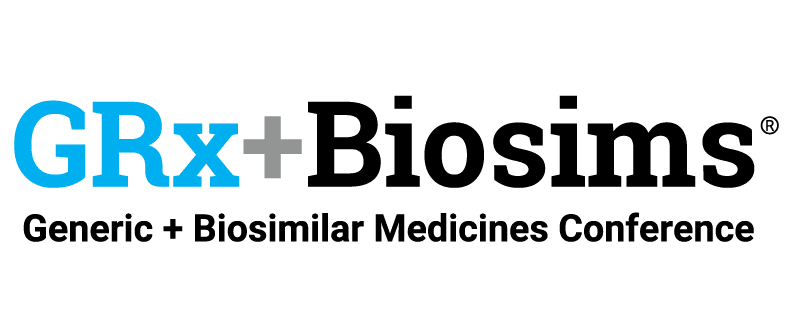WASHINGTON, D.C. (August 7, 2022) – The members of the Association for Accessible Medicines (AAM) and the Biosimilars Council are extremely disappointed by the Senate’s passage of legislation that will further frustrate patient access to safe, affordable generic and biosimilar medicines. The Senate has chosen to replace competition – the only proven way to provide patients relief from high brand drug prices – with a flawed framework for government price setting that will chill the development of, and reduce patient access to, lower-cost generic and biosimilar medicines. While the bill’s ill-advised price setting scheme will harm Medicare and seniors, its negative impact will extend to employers and patients that rely on generic and biosimilar medicines to keep costs down.
Attribute to:
Dan Leonard
President & Chief Executive Officer
Association for Accessible Medicines
With foresight, deliberation and bipartisanship, Congress built a foundation for patient relief from high brand drug costs through the Hatch-Waxman Amendments. More recently, the Biologics Price Competition and Innovation Act (BPCIA) provided a pathway for biosimilar medicines to come to market to dramatically alter the trajectory of skyrocketing spending on expensive brand biologics. In fact, in just one-year, biosimilar competition cut in half the growth of spending on oncology drugs.
The generic and biosimilars industry has long advocated for strengthening these and other foundational laws and policies to further reduce prescription drug costs for patients, employers and taxpayers. This can be done by ending anti-competitive practices, patent abuses and reversing perverse incentives in the value chain that favor expensive brand name medicines. A few of AAM’s specific policy recommendations, including:
- Encouraging generic and biosimilars adoption by ending the Part D benefit coverage gap discount program and increasing plan liability in the catastrophic phase
- Increasing physicians’ incentives to use biosimilars over more expensive innovator biologics (ASP+8%)
were adopted under the budget reconciliation construct, but the association and its members will continue to aggressively advocate for additional, more systemic measures that preserve and enhance the tools that drive generic and biosimilar competition and patient access and savings.
MEDIA CONTACT:
Allen Goldberg
202.249.7110
